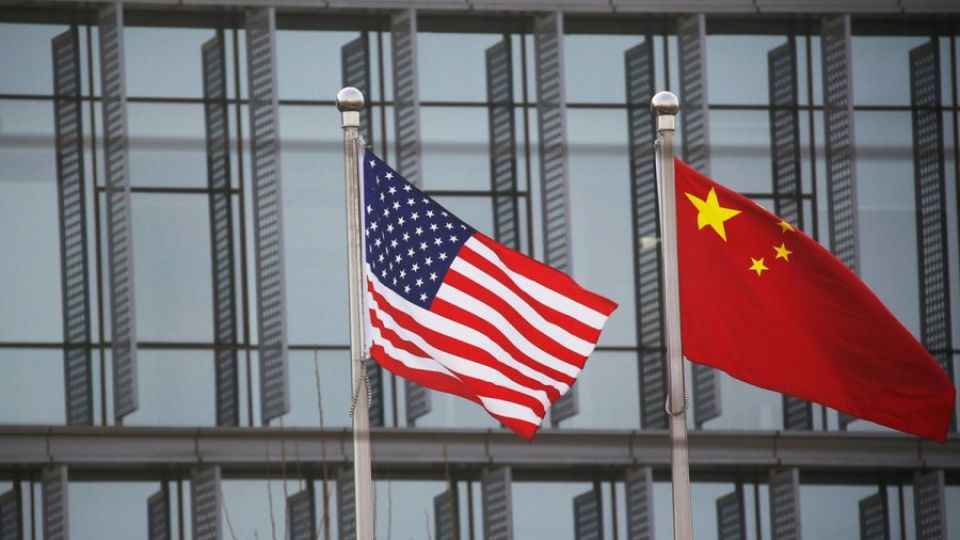August 7, 2023
BEIJING – There have been some positive developments in China-US relations of late. Following the meeting between China’s senior diplomat Wang Yi and US Secretary of State Antony Blinken on the sidelines of the G20 Foreign Ministers’ Meeting in Jakarta, Indonesia, on July 8, US Treasury Secretary Janet Yellen and Special Presidential Envoy for Climate John Kerry visited China. Also in July, President Xi Jinping met with Microsoft co-founder Bill Gates and former US secretary of state Henry Kissinger, both regarded as “friends” of China.
These meetings show both sides want to reduce the tensions which have been preventing bilateral relations from returning to normal.
At the academic level, too, July saw frequent exchanges of scholars and experts between the two countries, thanks to a number of seminars and forums which focused on addressing specific Sino-US issues. In fact, many US scholars visited China in the first half of this year. But several of them said it requires courage to visit China now since it is widely feared among US think tanks and academic circles that a US citizen traveling to China could be detained for no reason.
Such rumors gained plausibility after the US State Department issued a travel advisory. However, the visits by Yellen, Kerry and Kissinger have proved the rumors to be unfounded.
The Chinese Foreign Ministry, too, issued a similar warning for Chinese citizens living, studying, or working in the United States or those who planned to visit the US. Many Chinese scholars and experts feel reluctant to visit the US given the current situation, as visas are difficult to get, air tickets are prohibitively expensive, and there is pronounced fear of being interrogated on arrival.
When one country tries to dissuade its citizens from traveling to another country, it shows it has lost trust in the other. It is frustrating to see China and the US, whose relationship is the most important in the world, warn its citizens against visiting the other country.
This situation is particularly sad when we recall that less than five years ago, the number of people-to-people exchanges between China and the US reached 5 million, with 17,000 people on average flying in and out of each other’s country every day.
It is fair to say there is a lack of mutual trust between China and the US. This lack of mutual trust began in the political sphere, and has since seeped into almost every field, including education, science and research, and even trade and economy, the strongest pillar of bilateral relations.
The lack of trust has made US officials paranoid enough to strictly scrutinize any cooperation with China. No wonder questions such as “Should American universities engage with China?”, “Is US-China action possible in an era of mistrust?” and “Is US-China global health collaboration win-win?” have been raised in the book The China Questions 2: Critical Insights into US-China Relations, edited by Maria Adele Carrai, Jennifer Rudolph and Michael Szonyi, and published by Harvard University Press.
It is startling to learn that there are only 350 US students on Chinese university campuses now, compared with thousands a decade ago, according to US Ambassador Nicolas Burns.
At the same time, many Chinese students feel unwelcome in the US only because of their academic background. If these talented young people, who are the future of the two countries, are prevented from getting to know each other and building mutual trust, the future of US-China relations could be even more fractured.
Thomas Friedman has rightly pointed out that there is a crisis of trust between China and the US in his column in The New York Times, but he has failed to acknowledge that trust is a bilateral process. When the US loses confidence in China, it is unrealistic to demand trust from the Chinese people. Even a healthy competition could lead to rivalry, but a rivalry without trust will lead to dangerous results.
Fortunately, Kissinger as well as many scholars and businesspeople are working hard to improve the situation. Their efforts are admirable and should be applauded. As President Xi said during his meeting with Bill Gates, “the foundation of China-US relations lies in the people. We always place our hopes on the American people and hope that the friendship between the two peoples will continue”.
People-to-people exchanges are critical to managing differences between China and the US. And it is hoped the two countries will seize the opportunity to resume people-to-people exchanges, and contribute to global peace by stabilizing bilateral relations.


